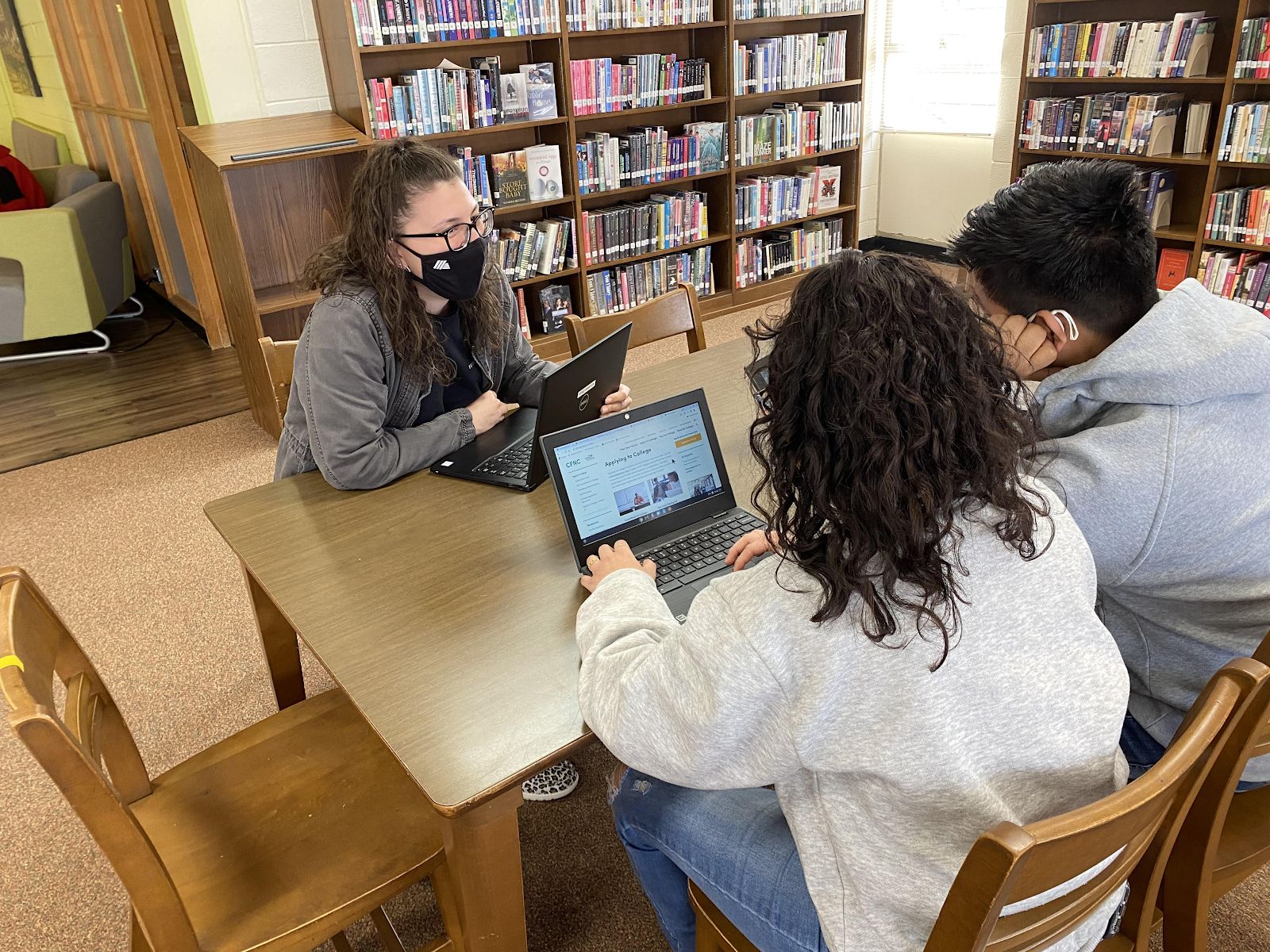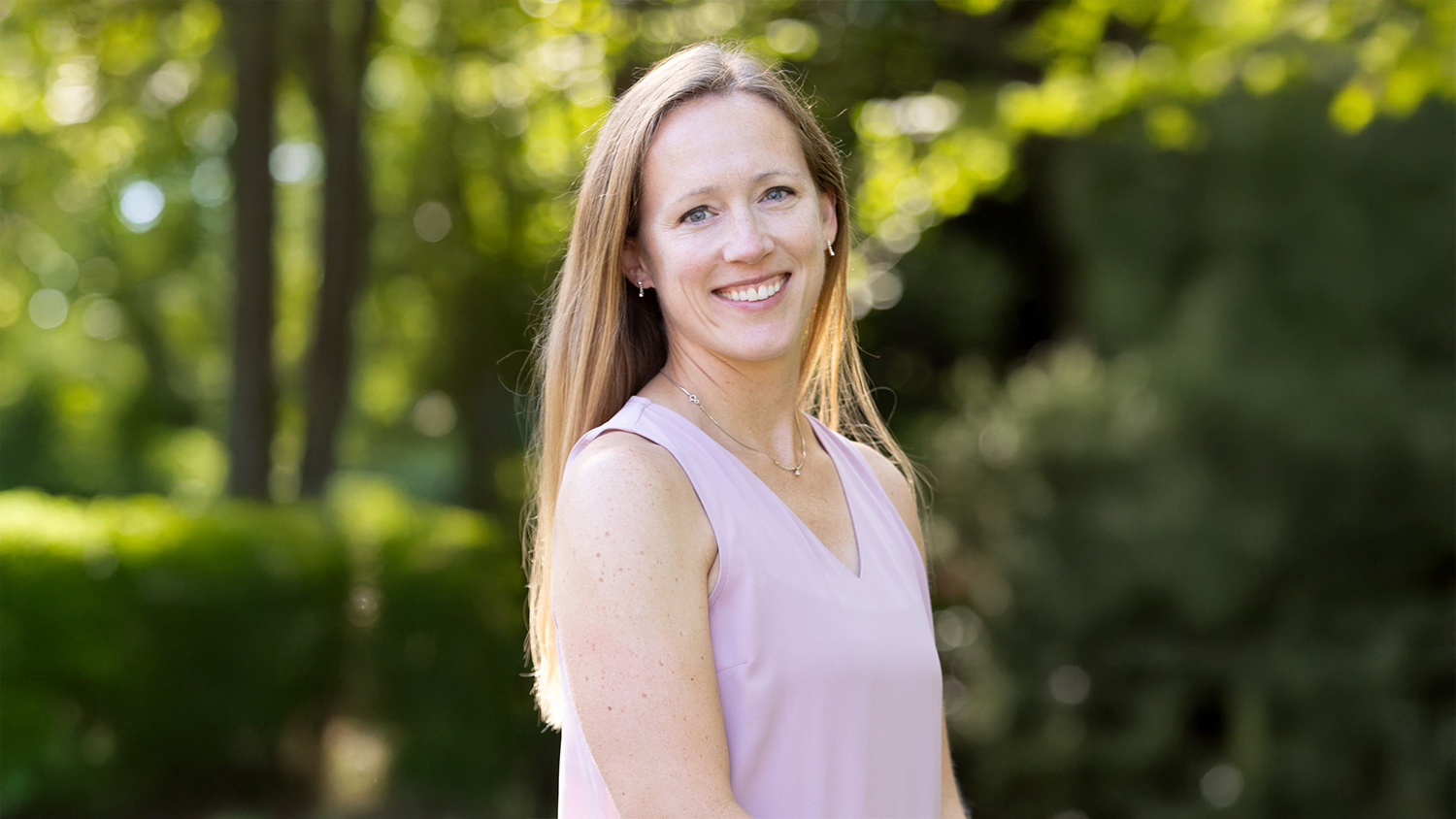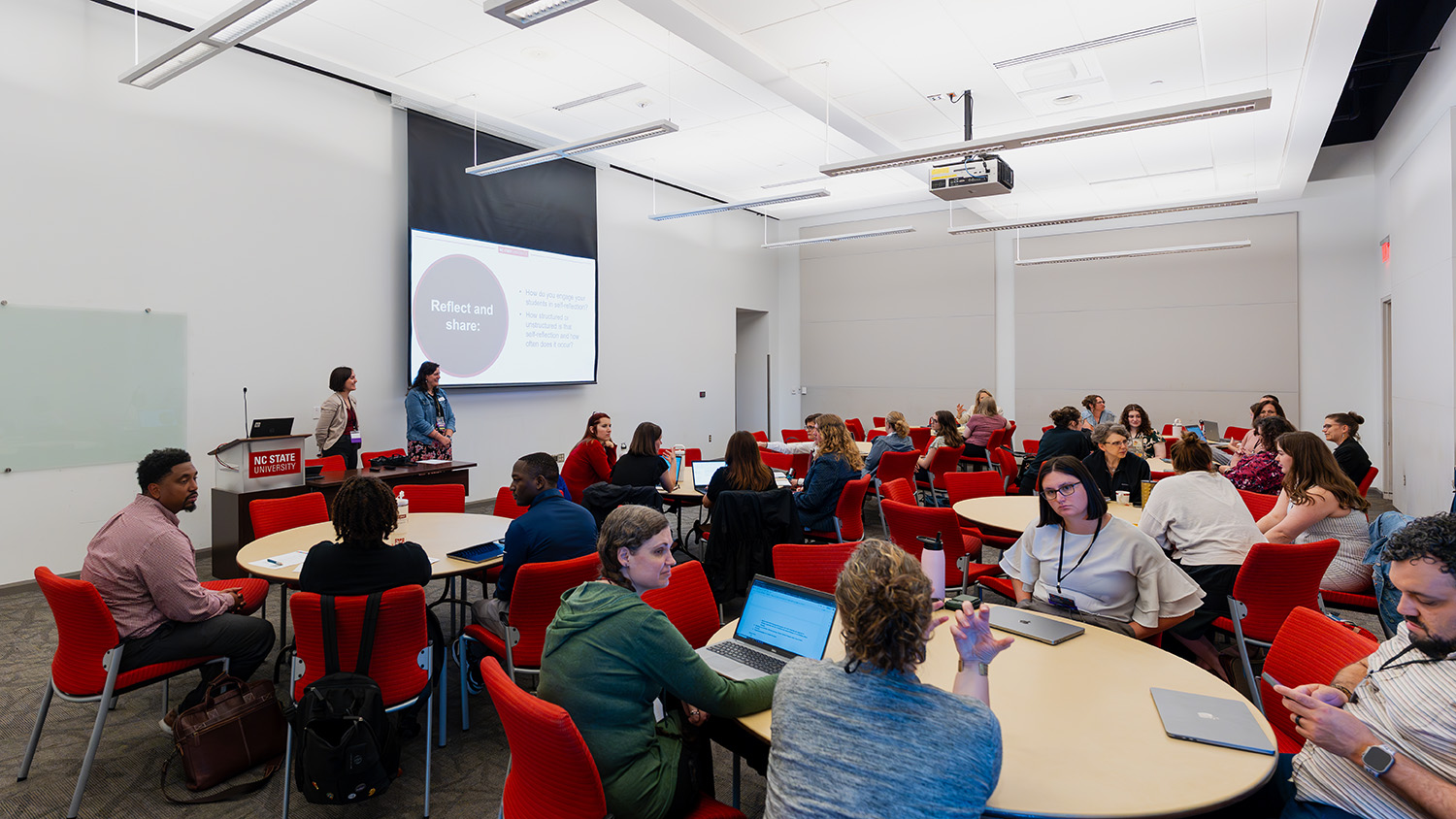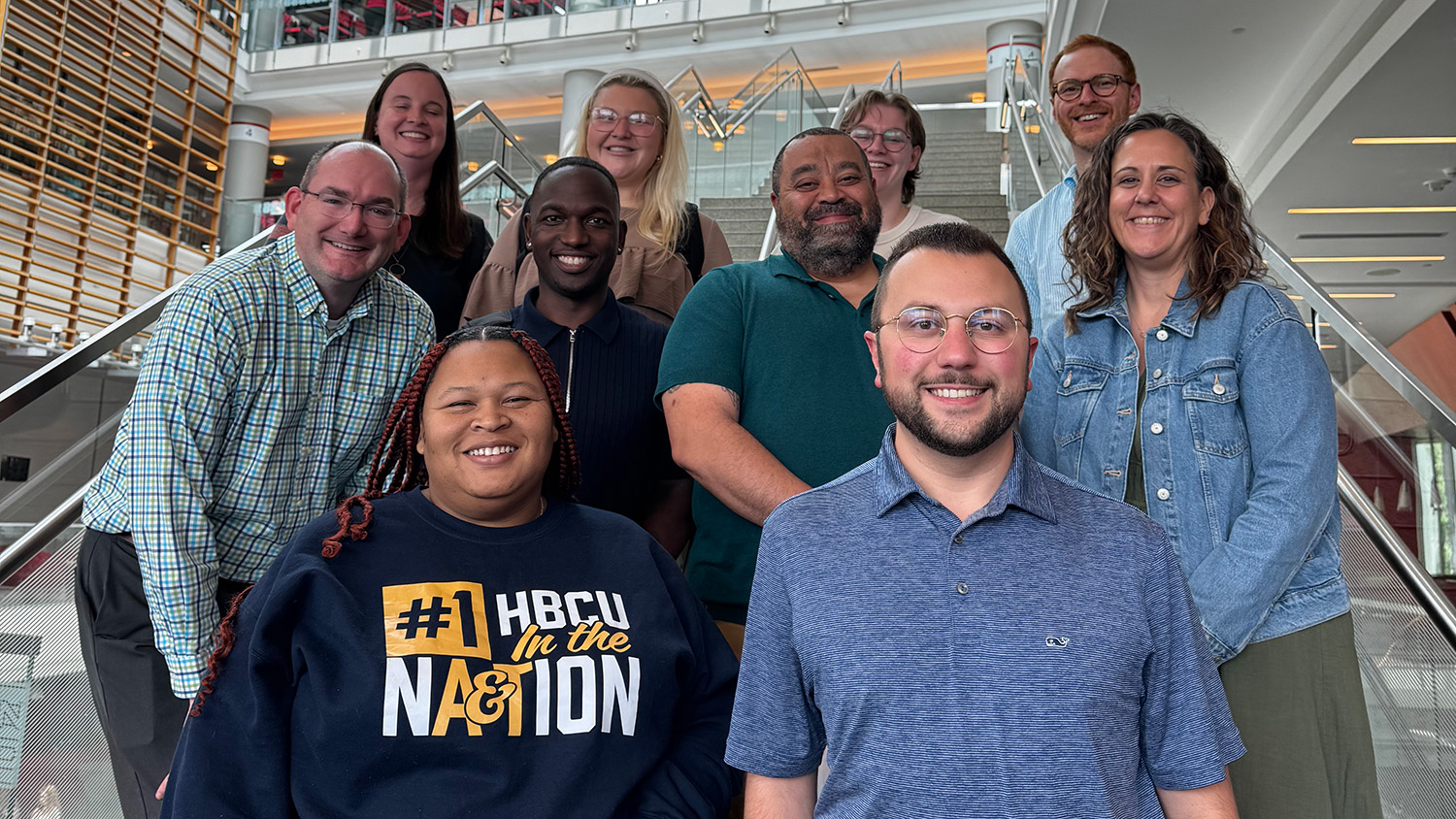Coat Yourself In Confidence

Staci Knighton, College Adviser for North Moore High in Moore County, N.C.
It’s one thing to give advice to your student, dispensing thoughtful words of wisdom
about life after high school — but try applying those same suggestions to your own life, and it’s not the same.
As an adviser, I am my students’ biggest supporter. I try my best to set them up for success and guide them down the path that is right for them. When it comes to advising my students, it’s easy to have an outsider’s vantage point. Though I come from a similar community and have lived similar experiences as they have, it is easier to identify the more rational option when it comes to post secondary plans.
After speaking with the valedictorian of this year’s graduating class, she told me that she
wanted to apply to Harvard. I was in awe at her confidence and courage to put herself
out there. There was no doubt in my mind that she would succeed there. I expressed
through every interaction that I knew she had what it takes to be part of that community
and that I will be here for support and encouragement every step of the way. If she
needed a hype man, though she was coated in confidence, I would be there to cheer her
on. If she felt overwhelmed, I would take part of that load off her shoulders so she could
release some tension. Throughout the whole process, I sought out the positives and let her know that Harvard was in arms reach. I stressed that even though she comes from a small, rural community that nobody in Massachusetts has probably ever heard of, when she attends they will not hear the end of the town of Robbins, N.C.
It is so easy to be an ambitious and supportive person to my students. It is easy to advise my students to take that leap of faith into something they think can only be a dream. When we think about other people and what is right for them, it’s a lot easier to see them as the big picture. Throughout this past semester, I helped and encouraged my students to reach their
goals without hesitation. Without doubt. Though there was some worry because I know how difficult it can be leaving a community you’ve been a part of your whole life, I know my students are strong enough to make it through. However, when it was my turn to chase my dreams I got scared. Why is it so hard to take our own advice?
When I wasn’t meeting with students, inputting data or attending a webinar I was working on my own college applications for graduate school. It was very stressful, but it also helped me connect with my students because we were completing the same process as far as RDS, FAFSA and college applications. The only difference was I wasn’t as open to my own advice. We tend to be our own worst critics, which is why we seek advice or opinions from others we trust. It’s hard to be our own adviser because we are too close to our own problems, and with that our emotions are more likely to cloud our judgement. I kept finding myself saying, “What would you tell your student?”
This question first appeared when a previous adviser of mine suggested that I apply to Cornell and uPenn. I was so shocked and thought to myself, “Who does she think I am?” But after analyzing what she said, it came to me. She is who I am now: an adviser. She sees the potential in me that I see in my students. She’s the encouragement to me that I am to my students, but why can’t I be the same person to myself that I am to my students?
As the Cornell and uPenn deadline approached, I became more stressed. However, one
day I said to myself, “If she, my student, can apply to Harvard, I can apply to Cornell and uPenn,” and that was my motivation every time I doubted myself. If my student believed enough in herself to apply to Harvard as a high school senior, I can apply to these Ivy League schools as a college graduate. This student doesn’t know I used her as motivation for myself, but I’m sure if I told her she would cry. Taking my own advice and being my own cheerleader didn’t come easily but using a student, who I advised, as inspiration seemed to do the trick.
Being an adviser has not only shaped my students’ future but mine as well — not in the way of changing my career path, but in the way I talk to myself. If I can support and encourage others to be the best they can be and push them to follow their dreams, why can’t I do the same for myself? I have taught myself to pay closer attention to my own words every time I advise a student or someone on some matter because there’s a good chance that what I am saying is something I need to hear, too.
- Categories:


